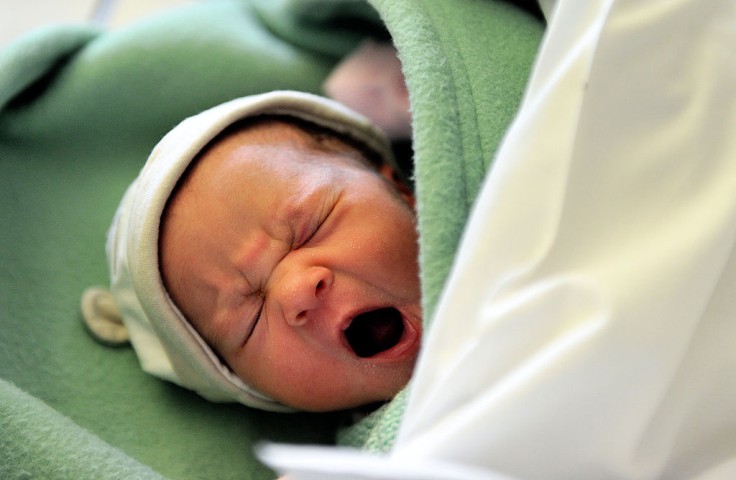
The presence of blood in stool is not a life-threatening case for many babies but it could, understandably, be a major concern for the parents since they don't know what's happening.
When it comes to the health of the kids, especially small and vulnerable babies, it's always better to have solutions. Thus, some parents may immediately go to the doctor after finding the blood on their baby's diaper for the first time.
Read Also: Study Reveals 7% of Kids Suffer From Concussion; What Parents Must Do to Prevent Head Injuries
According to the experts, however, there is almost always a simple and unfrightening for blood in the stool.
Here are some reasons why this happens in babies and when parents must bring their kids to the doctor:
1. Constipation
A blood stain in the baby's diaper may indicate constipation. While it's rare in babies to experience hard poop if they mostly have milk, they can develop constipation if they have started eating solids and are not getting enough fluids.
Constipation causes tears in the anal fissures, especially if the poop comes out dry and hard, thus streaks of blood could appear on the baby's diapers. If this is the case, consider giving the baby fiber-rich foods like pureed broccoli and prunes. If the baby is beyond eight months old, they can have fiber-rich cereals or brown rice.
It bears noting that blood in stool isn't always red. It could also be dark red or almost black, depending on what the baby has eaten. Some medicines may also change the color of the poop. If the baby appears to be generally in good spirits, there's no need for treatments in this situation.
2. Food Allergies
Blood in stool is one of the symptoms of allergic colitis, per Boston Children's Hospital. Some two to three percent of babies above six months old experience this discomfort from the milk they drink, including breast milk. However, the majority of the cases are usually mild.
With allergic colitis, the baby may get fussy and vomit or have diarrhea. A visit to the doctor is necessary in this case because the baby has to receive the right treatment. Allergic colitis is under a spectrum and thus has various solutions. Parent, however, should be reassured that this condition is highly treatable regardless of what the doctor has recommended
3. Bleeding in the Gastrointestinal Tract
A dark or black stool in babies is a medical emergency thus they will require a doctor's check-up as soon as possible, especially if the baby has just been through physical trauma or infection. If the baby has a high fever, extreme lethargy, and can't be consoled no matter what the parents do, a trip to the emergency room should not be delayed.
According to the Nationwide Children's Organization, GI bleeding in kids may be treated or managed with medications that help decrease stomach acids. Doctors, however, will need to find the exact location of the bleeding so the baby will have to have an uncomfortable colonoscopy. Most children with GI bleeding will recover quite well once they get the treatment.